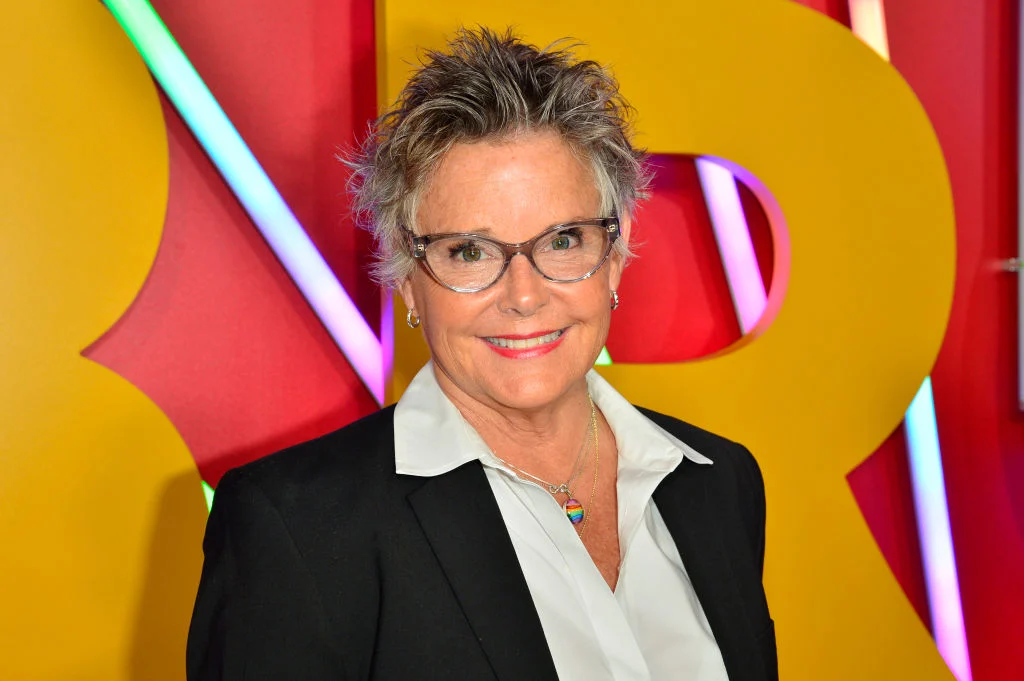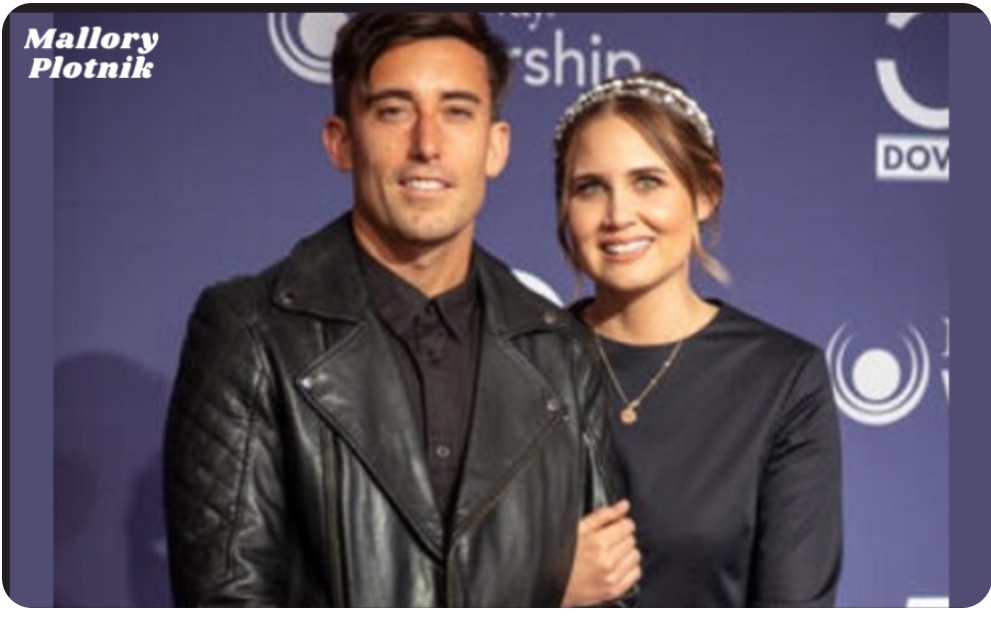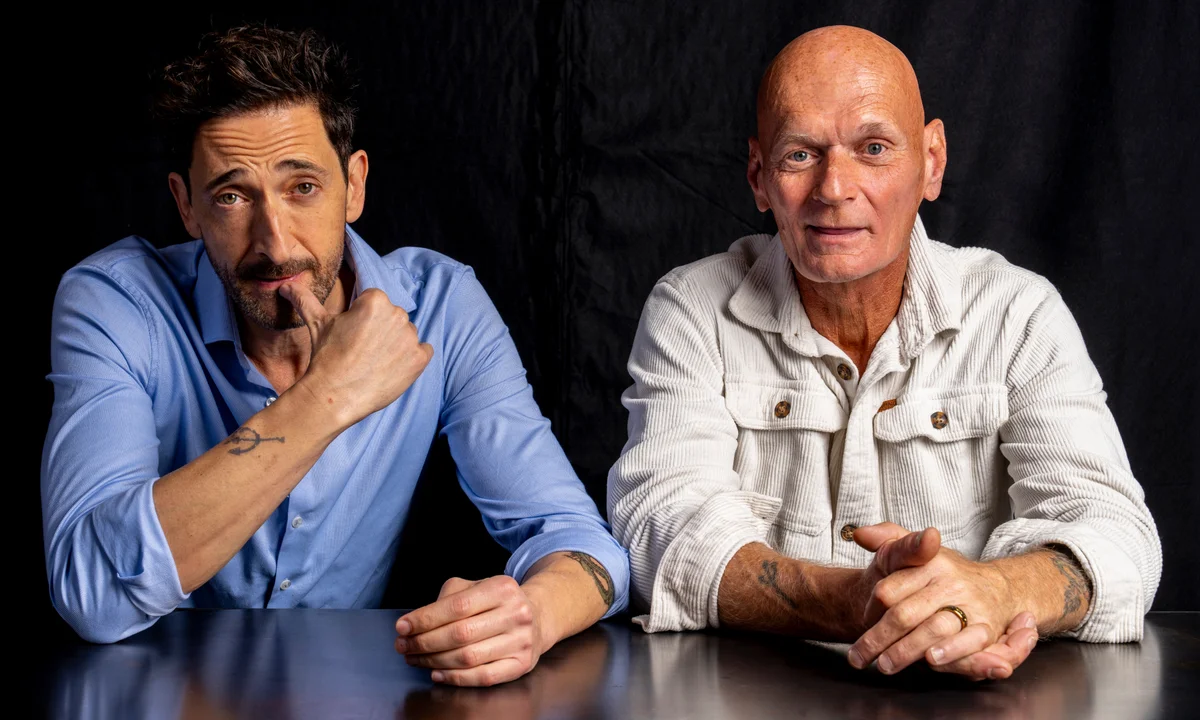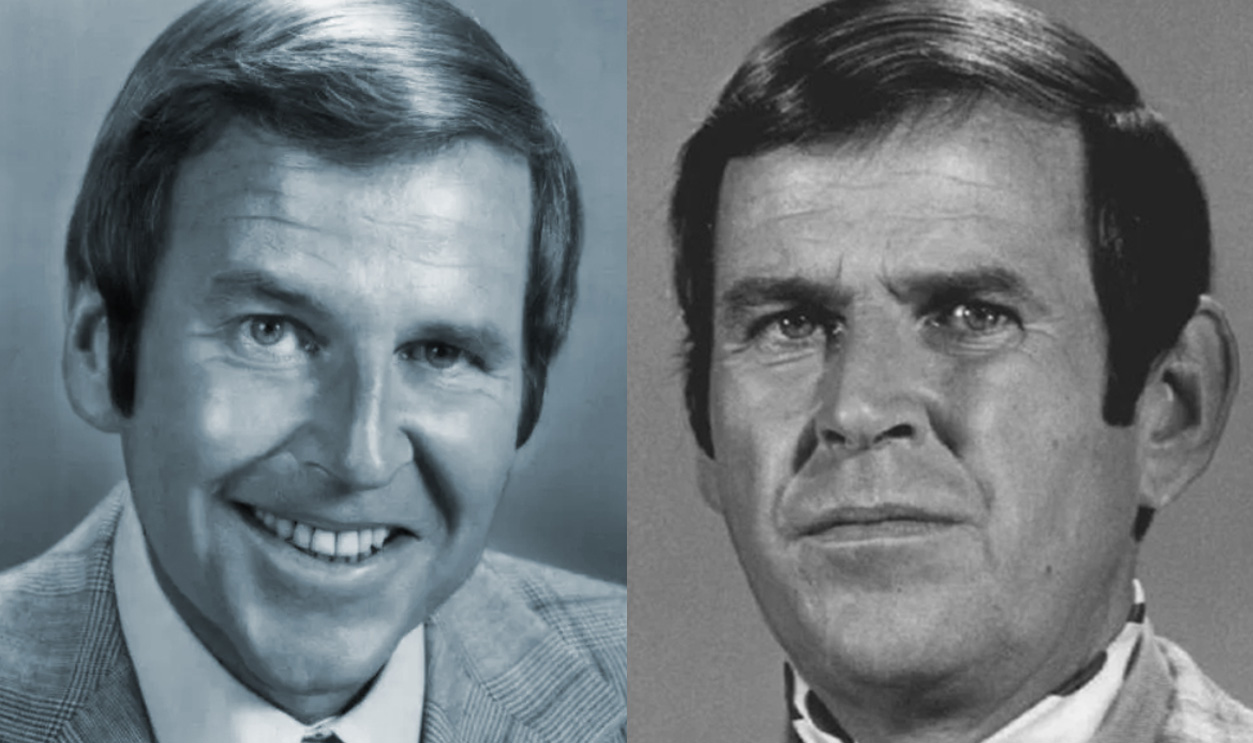In recent years, Kathleen Nimmo Lynch has emerged as a name that has sparked curiosity, speculation, and deep interest—especially among sports fans and followers of professional basketball circles. While not a celebrity in the traditional sense, her involvement in a high-profile situation brought her into the limelight and has since raised questions about her background, professional contributions, and public perception.
This article delves into who Kathleen Nimmo Lynch is, her career path, and the controversy that unexpectedly spotlighted her, while maintaining a respectful and fact-based approach to understanding her role in the broader narrative.
Who is Kathleen Nimmo Lynch?
Educational and Professional Background
Kathleen Nimmo Lynch is a professional associated with the Boston Celtics organization, where she worked in the team’s basketball operations. According to multiple sources, she held a role that involved team logistics, scheduling, and behind-the-scenes support that helped keep one of the NBA’s most prestigious franchises running smoothly.
Her academic background is not widely publicized, but it’s known that she is a well-educated woman with years of experience in sports operations. In a world where male dominance is often highlighted in athletics, Kathleen carved out her own path, emphasizing discipline, organization, and strategic management.
Her Role With the Boston Celtics
Working with an NBA team involves high levels of confidentiality, coordination, and interpersonal dynamics. Kathleen Nimmo Lynch was reportedly responsible for managing travel plans and coordinating with both staff and players. Her proximity to team operations made her a vital, albeit low-profile, figure in the day-to-day functioning of the Celtics.
The Controversy That Brought Her Into the Public Eye
The Ime Udoka Scandal
In 2022, a major controversy shook the Boston Celtics organization when head coach Ime Udoka was suspended for violating team policies. While the Celtics remained mostly tight-lipped about the details, various media reports alleged that the situation involved an inappropriate relationship with a female staff member.
Eventually, speculation pointed toward Kathleen Nimmo Lynch. Her name began circulating online, largely without confirmation from the team or her directly. Despite the lack of official statements, the media frenzy caused immense public scrutiny and backlash.
It’s important to note that Kathleen Nimmo Lynch did not publicly respond to the rumors. Neither did she confirm any involvement. In many ways, she became a symbol of the dangers of speculative journalism and social media trials—where names are dragged through the mud without proper evidence or due process.
The Human Side of the Story
Unfair Scrutiny and Media Ethics
The attention around Kathleen Nimmo Lynch raises a critical question about media responsibility. In the rush to break stories, many outlets overlooked the impact on individuals who may not have signed up for public exposure. Kathleen, a private professional, found herself unwillingly at the center of a storm that few could navigate with grace.
Observers and media analysts have since pointed out the gendered dynamics of the backlash. While Udoka’s name was released officially, the alleged female party’s name was never confirmed by the organization—yet she bore the brunt of the gossip. This speaks volumes about how women are often treated in scandal-driven narratives.
Impact on Mental Health and Reputation
Although no public statements have been made by Lynch or her family, it’s easy to imagine the toll such an ordeal would take on one’s mental health and personal life. Being thrown into a narrative without consent can have long-term psychological consequences, including anxiety, isolation, and a damaged reputation—especially in an era where digital footprints are permanent.
Rebuilding and Moving Forward
Public Silence as a Statement
Since the controversy, Kathleen Nimmo Lynch has remained outside the public eye, with no social media activity or interviews surfacing. While some may interpret this silence as avoidance, others see it as a dignified decision to focus on personal healing and maintaining privacy.
Her choice not to engage publicly might also be rooted in a strategic approach to protect her family and future career opportunities. It’s a reminder that silence does not equate to guilt but can be a form of quiet resilience.
Broader Lessons from Her Experience
Kathleen Nimmo Lynch’s experience sheds light on several key issues:
- Privacy vs. Public Interest: The public has a right to information, but not at the cost of someone’s personal dignity.
- Gendered Narratives: Women are often judged more harshly in scandals, even when their involvement remains unconfirmed.
- Workplace Boundaries: Professional sports, like many industries, need to continue fostering environments where ethical behavior is promoted and personal boundaries are respected.
What Kathleen Nimmo Lynch Represents Today
Today, Kathleen Nimmo Lynch represents more than a name in a headline. She symbolizes the quiet strength it takes to endure public scrutiny, the importance of due process, and the urgent need for media responsibility. She also underscores the reality that real people are behind every story—people with families, careers, and emotions.
If anything, her story is a cautionary tale about how digital culture can distort truth, perpetuate rumors, and devastate lives without consequence.
Kathleen Nimmo Lynch in Retrospect: A Name Misused
How the Narrative Overshadowed the Individual
What’s perhaps most tragic is how the public story of Kathleen Nimmo Lynch was never really about her. She was used as a placeholder in a broader scandal involving powerful figures. Her identity was pulled into public view without consent, often overshadowing the need for clear communication and accountability from the institutions involved.
Her portrayal, largely one-sided and unconfirmed, reflects a deeper issue in journalism and online discourse: the tendency to chase headlines without context, character, or compassion.
Conclusion: A Call for Reflection and Respect
In conclusion, Kathleen Nimmo Lynch should not be remembered solely through the lens of speculation or gossip. She is a professional, a human being, and a symbol of the importance of ethical media practices. Her story highlights how easy it is for someone’s life to be derailed by rumors, and how hard it is to reclaim one’s narrative once it’s been hijacked.
As we move forward in a world where digital footprints carry great weight, it’s crucial for both the public and media to remember the human element in every story. Respect for privacy, fairness in reporting, and accountability for narratives should be foundational values—not afterthoughts.













